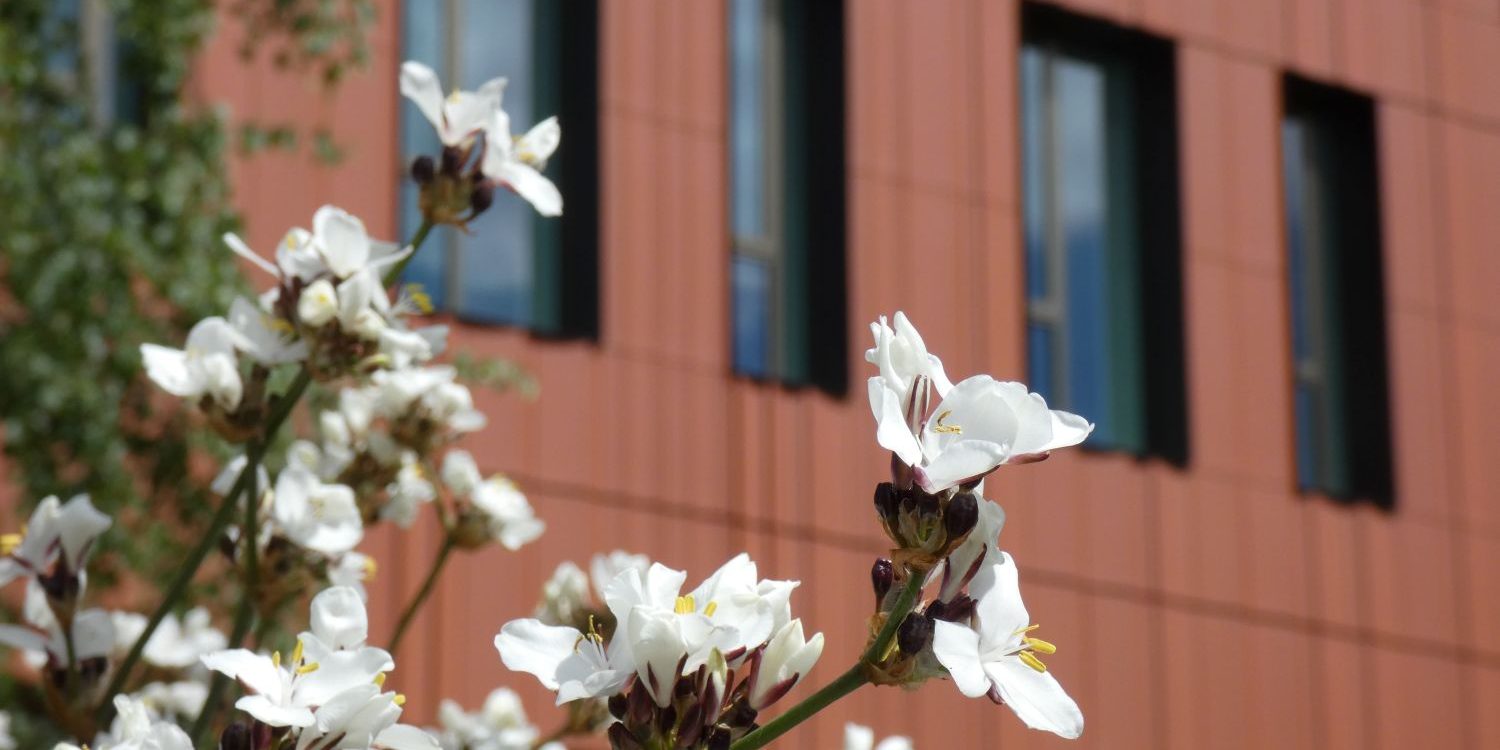Climate News: Warwick commits to ‘Nature Positive’ pledge
In a press release on 4 April, the University of Warwick announced that it had signed the ‘Nature Positive’ pledge in a bid to improve the campus’ biodiversity and ecosystem health.
Nature Positive is an international network that aims to “halt and reverse nature loss so that species and ecosystems start to recover”. It looks to restore ecosystems harmed by university development and activities, from operations to research and teaching.
Founded by the United Nations Environment Programme (UNEP) and the University of Oxford in partnership with the UN Decade on Ecosystem Restoration, the project works to halt harmful activity, reverse its effects, and begin to implement practices with positive impacts.
In what it describes as a “critical time to stand up for nature”, its global goal is for a zero-net loss of nature this decade, and for biodiversity levels to be net positive by 2030. Looking to the future, Nature Positive hopes for full biodiversity recovery by 2050.
Being a Nature Positive University means Warwick will need to calculate its “baseline impact” on the biodiversity of the surrounding area
Nature Positive is asking universities to commit to its pledge so it can “use their power and influence to help lead their communities”.
Warwick claims to be “taking meaningful steps for nature” through projects such as habitat enhancement, species and habitat monitoring, and engaging students in the conversation through teaching and research.
Being a Nature Positive University means Warwick will need to calculate its “baseline impact” on the biodiversity of the surrounding area, set clear targets to prevent harmful practices, take action to implement positive practices, and report its progress annually.
As of 14 March, over 150 academic institutions have made the Nature Positive pledge alongside Oxford, 32 of which are from the United Kingdom – including Cambridge, Durham, King’s, and Edinburgh.
Nature Positive is also developing a Student Ambassadors programme to “empower” students to stand up for nature. The programme currently connects 450 students from 40 countries around the world for monthly ‘green skills’ workshops and other opportunities. It invites students to use the tagline ‘Generation Restoration’ and volunteer up to two hours a week from November to May, organising at least one activity on campus, and sharing nature-related news from the university with other Student Ambassadors over the course of the year

Comments